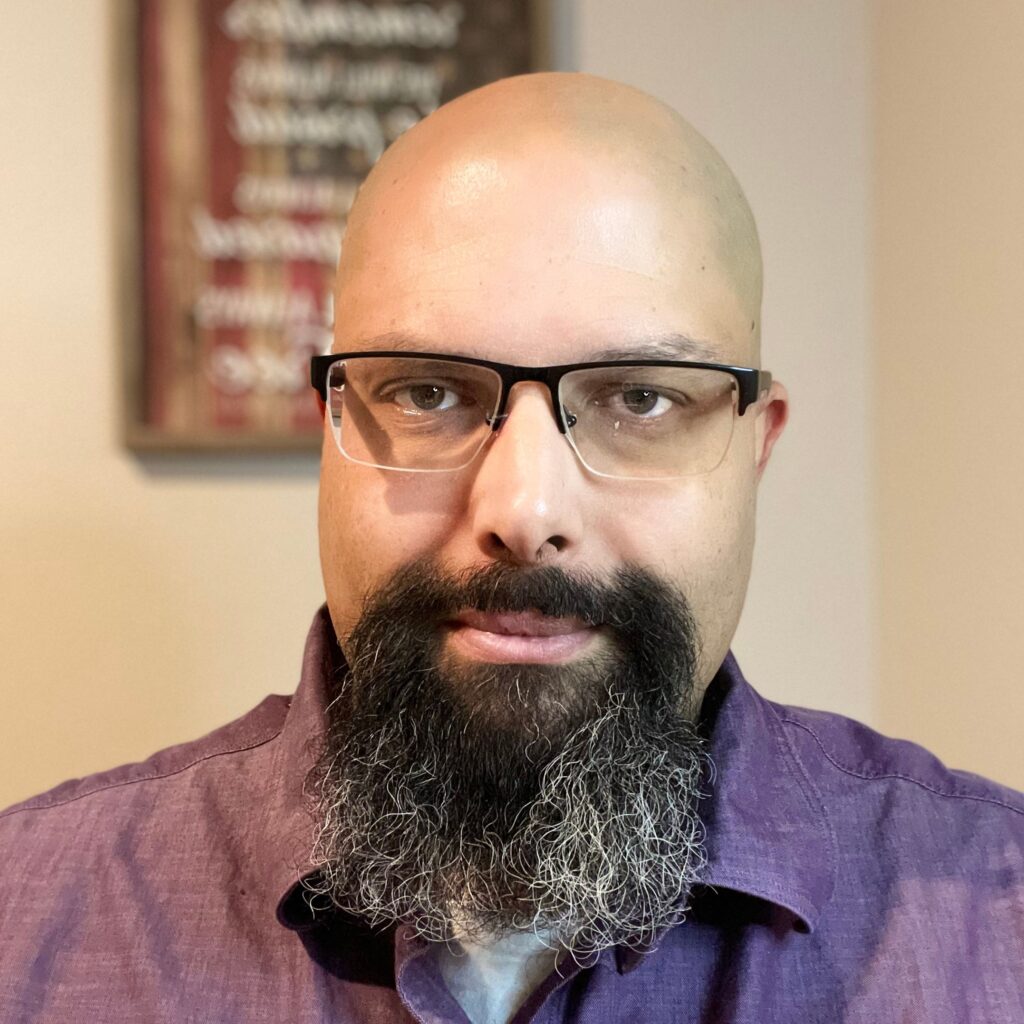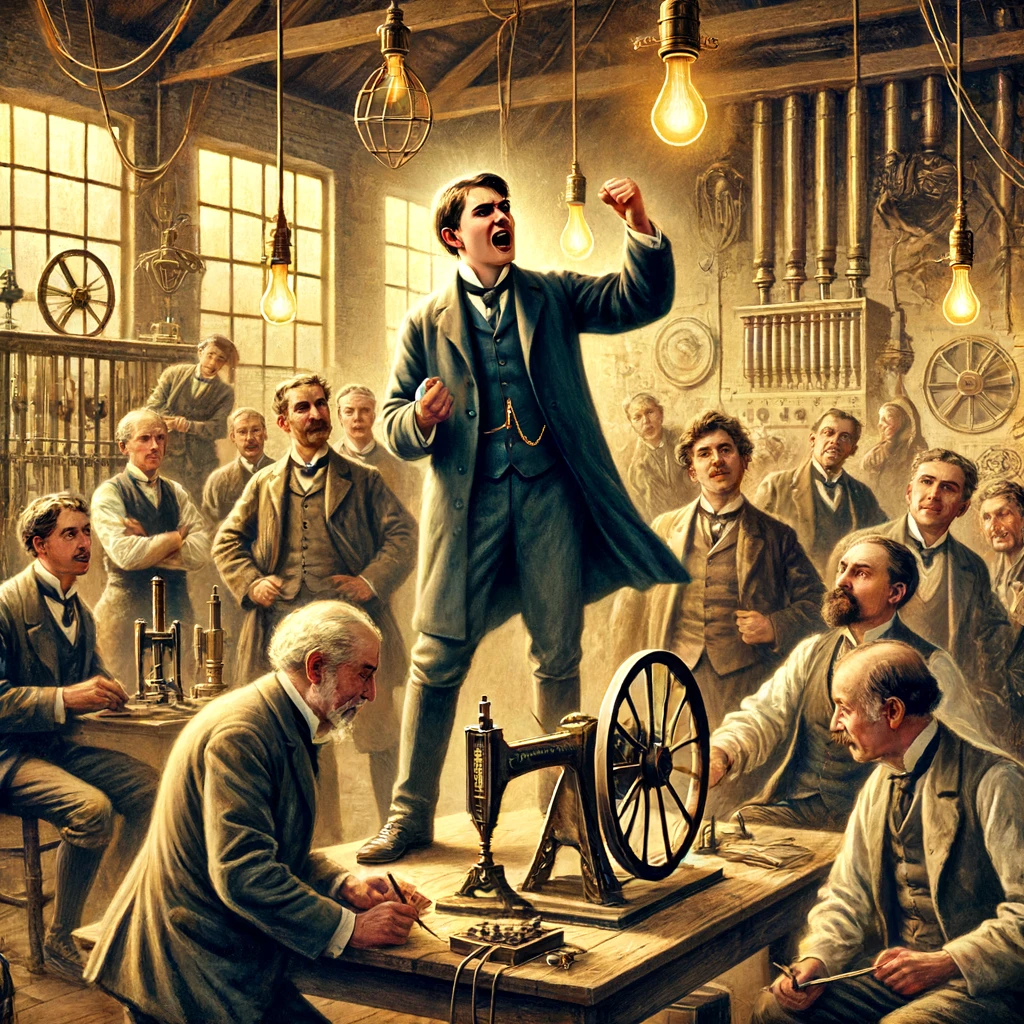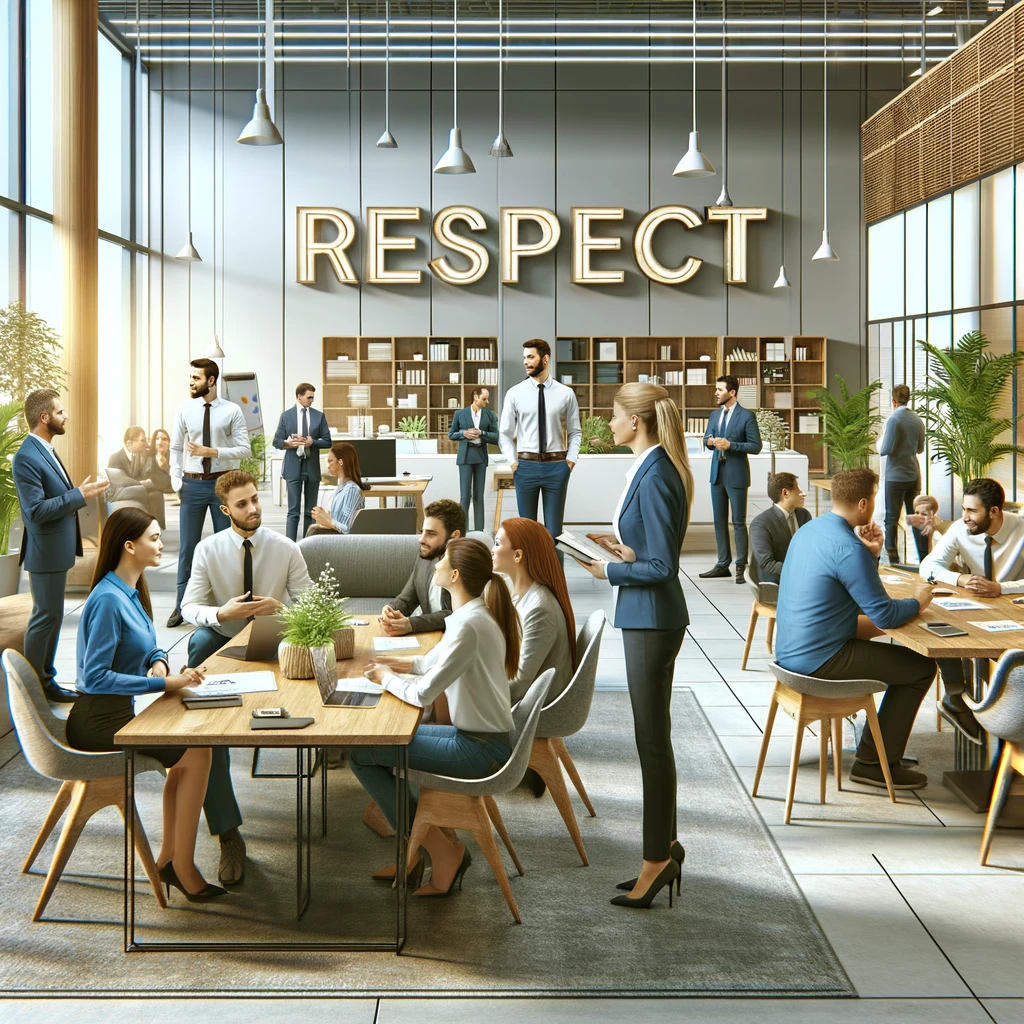
In the professional world, your vibe matters. How you make people feel can determine whether they help, hinder, or ignore you.
It’s not just your performance that gets you picked for a team. As long as you are competent and have useful skills, your positive vibe can make all the difference in securing the job.
This truth can be challenging for those who believe their superior abilities should be the primary reason for their selection.
The Emotional Factor in Hiring
However, this is not how the world works. People hire people, and these decisions are often emotional. This ancient survival mechanism helped our ancestors navigate harsh environments.
Even when there wasn’t a real threat, the instinct to sense an “off” vibe ensured survival when the threat was genuine.
Interpersonal Skills Over Technical Skills
To secure a job, promotion, or business opportunity, don’t focus solely on your technical abilities. Concentrate on how you get along with others.
Developing skills that make people happy and feel safe around you can be incredibly beneficial. This approach not only enhances teamwork but also ensures your capabilities are employed without resistance.
The Importance of Vibe and Emotional Intelligence
Your vibe and how you make others feel are crucial for getting along and achieving success in team settings.
Research shows that emotional intelligence and interpersonal skills often outweigh technical skills in determining team success. People prefer to work with those they like and trust.
This connection between vibe and success is due to human nature. Decisions are often driven by emotions rather than logic, rooted in our survival instincts.
Feeling comfortable and safe with someone encourages collaboration and mutual support. Studies in psychology and workplace dynamics highlight the importance of getting along with colleagues.
For instance, Google’s Project Aristotle found that psychological safety is the most important factor in building successful teams. Team members feel safe to take risks and be vulnerable in front of each other, fostering a positive vibe (Google’s Project Aristotle).
While technical skills are important, they are often not the sole determining factor in success. Getting along with others and fostering a positive environment can significantly enhance teamwork and lead to better outcomes.
Some argue that skill and competence should be the primary criteria for success. However, even the most skilled individuals may struggle in an environment where they cannot get along with others.
Working well in a team and creating a positive atmosphere often leads to more sustainable success.
Actionable Steps for Enhancing Your Vibe
- Practice Active Listening: Show genuine interest in what others have to say. This fosters respect and appreciation, crucial for getting along well with colleagues: Active Listening Techniques.
- Cultivate Empathy: Understand things from others’ perspectives. Empathy helps build strong connections and trust within the team: The Importance of Empathy.
- Communicate Positively: Use positive language and offer constructive feedback. This not only improves relationships but also boosts team morale: Positive Communication.
- Be Reliable: Consistency in actions builds trust. Being dependable ensures your team knows they can count on you, which is essential for effective teamwork: Building Trust.
- Show Appreciation: Acknowledge and celebrate others’ contributions. Recognition and appreciation are powerful motivators and help create a positive vibe: The Power of Appreciation.
By focusing on these aspects, you can improve your interpersonal interactions, fostering a positive and collaborative work environment. Remember, the key to getting along and excelling in teamwork lies not just in your skills but in how you make others feel.
For more insights on enhancing workplace dynamics, check out this blog article.
After reading an article about the importance of getting along and teamwork, I recommend reading the following book: “Emotional Intelligence 2.0” by Travis Bradberry and Jean Greaves (affiliate link)

I am Kenneth C. Barrios II, but most people know me as KB. My career in the Air Force spanned over 20 years as an Intelligence Specialist, with a keen focus on the human and cognitive domain. My expertise in Analytic Methodologies, High-Stakes Decision Making, Predictive Analysis, Advanced Technology Application, Negotiation Tactics, Covert Elicitation, and Intelligence Collection and Research has been instrumental in disrupting terrorist networks across the Middle East and Europe.

